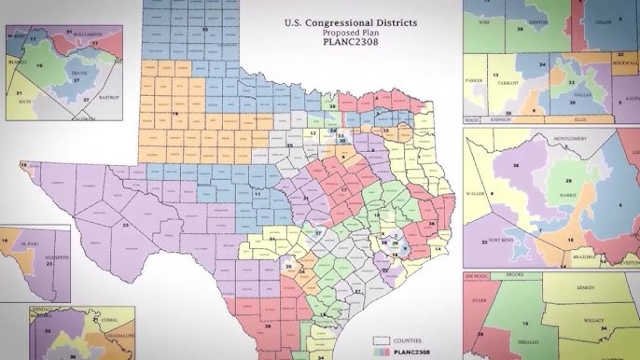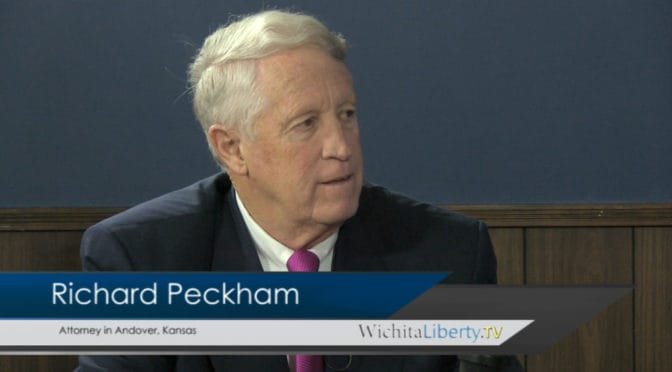Tag: Supreme Court
-

2025 Year-End Report on the Federal Judiciary
Chief Justice John Roberts’ 2025 Year-End Report commemorates the 250th anniversary of the Declaration of Independence by examining its philosophical influence on judicial independence and constitutional law, while providing comprehensive statistics showing federal court filings increased across most categories in fiscal year 2025.
-

Supreme Court Decision: Trump v. Illinois – National Guard Federalization Case
The Supreme Court denied the Trump administration’s request to deploy federalized National Guard troops in Illinois for immigration enforcement, finding the President likely lacked statutory authority. The decision interprets federal law restricting when Guard forces can be called into domestic service.
-

Supreme Court Redistricting Decision: Texas Gerrymandering Case (Abbott v. LULAC)
The Supreme Court granted Texas’s emergency request to use a congressional map that a district court found violated the Constitution through racial gerrymandering. This analysis explains the 6-3 decision, the evidence of race-based line-drawing, and implications for 2026 elections.
-
Supreme Court Hears Historic Arguments on Trump Tariffs: Can Presidents Tax Without Congress?
Can a president tax Americans without Congress? The Supreme Court just heard explosive arguments on Trump’s tariffs – with justices asking if a future president could declare a climate emergency to impose massive taxes. One justice called it a “one-way ratchet” where Congress would never get its constitutional power back. The stakes: trillions in trade…
-
Analysis of Economists’ Amicus Brief Challenging Trump’s Reciprocal Tariffs
Analysis of an amicus curiae brief filed with the U.S. Supreme Court by prominent professional economists, including several Nobel Prize winners and former government officials. There are two consolidated cases before the U.S. Supreme Court: No. 24-1287: Learning Resources, Inc., et al. v. Donald J. Trump, President of the United States, et al. and No.…
-
Summary of the Case: Learning Resources, Inc. v. Trump and Trump v. V.O.S. Selections, Inc.
The Court must decide if the President exceeded statutory and constitutional limits by using emergency powers to impose tariffs without explicit legislative authorization.
-
Opinion | Trump Won’t Win a War Against the Courts
Opinion | Trump Won’t Win a War Against the Courts
-
Chief Justice Roberts Rejects GOP Calls to Impeach Judges
Chief Justice John Roberts firmly rejected Republican calls to impeach federal judges for rulings against Donald Trump, emphasizing that impeachment should not be a response to judicial decisions.
-
What John Roberts’s Rebuke of Trump Left Out
Chief Justice John Roberts’s response to Donald Trump’s attack on a federal judge focuses on the personal rather than the systemic threats to judicial authority, overlooking the more concerning issue of Trump’s potential defiance of court orders.
-

WichitaLiberty.TV: Judicial selection in Kansas
Attorney Richard Peckham joins Karl Peterjohn and Bob Weeks to discuss judicial selection and other judicial issues in Kansas.
-

Did the Kansas Supreme Court read these cases?
The merit system of judicial selection in Kansas has sprung a leak, finds the United States Supreme Court.
